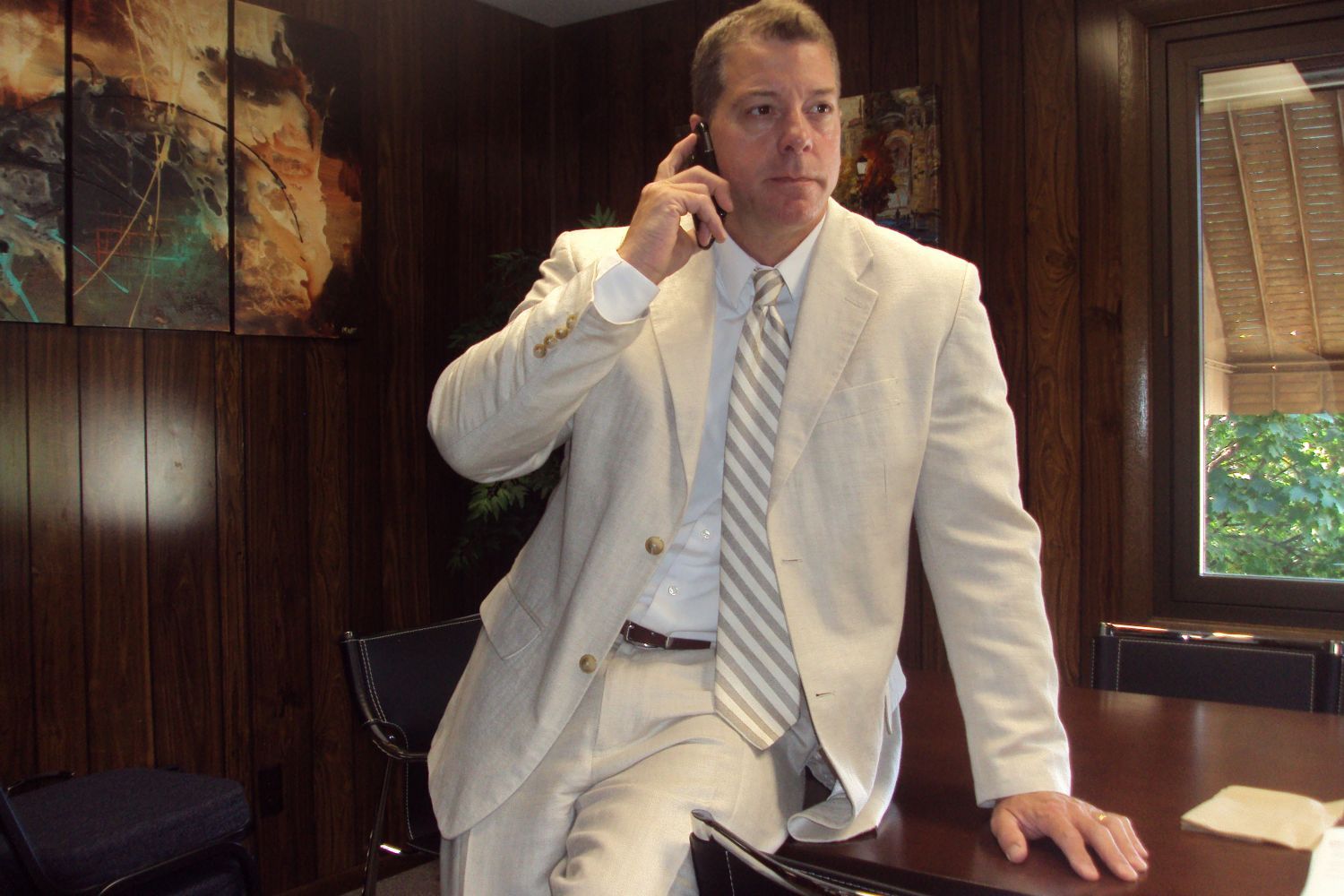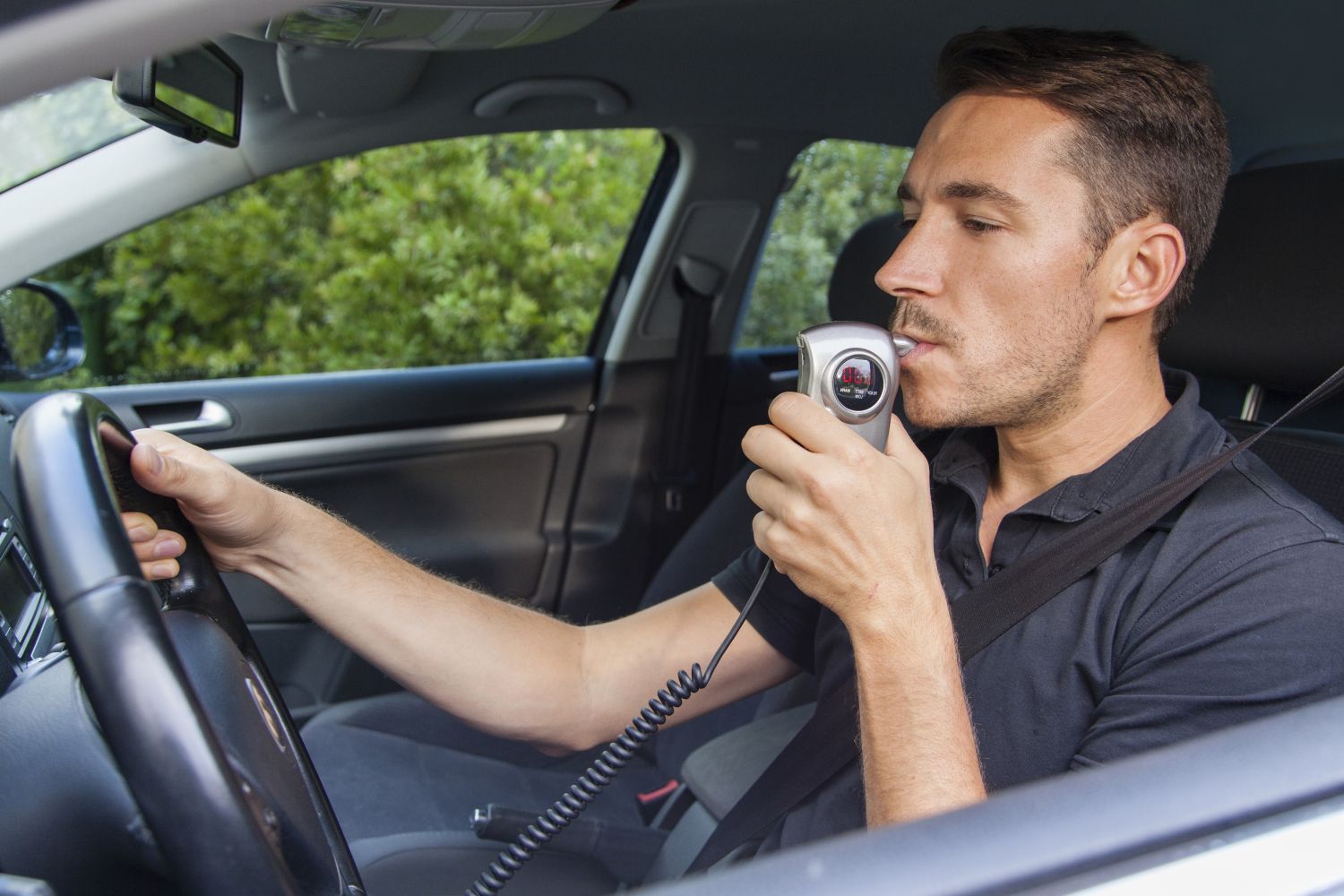The consequences of even a first-offense OWI have steadily grown more severe. In Wisconsin, for example, people convicted of OWI will have that conviction on their driving record forever. That conviction can then be used to enhance, or aggravate, future OWI charges and consequences. The Wisconsin Legislature is right now contemplating making a Third-Offense OWI a felony.
The fines associated with an OWI conviction are very significant. Moreover, the conviction will almost always result in substantially increased insurance premiums, and in some instances, outright cancellation.
In Wisconsin, an OWI conviction will result in a mandatory license revocation of at least 6 months. This can jeopardize your livelihood. For example, Commercial Motor Vehicle license holders will be ineligible to drive a commercial vehicle for one year, even if they are merely administratively suspended pending their OWI trial. Those who incur two OWI convictions after September 2005—even if the convictions stem from use of their private vehicle—will have to find a new line of work.
The fact is, some people will plead guilty or no contest to an OWI that could have been dismissed, reduced, or which could have resulted in acquittal. Many will plead guilty not knowing how the conviction will affect them, now and into the future. A good OWI attorney will obtain your driving record, get all the facts, and provide you the information you need before you make a decision you cannot take back, and, often, will never live down.


